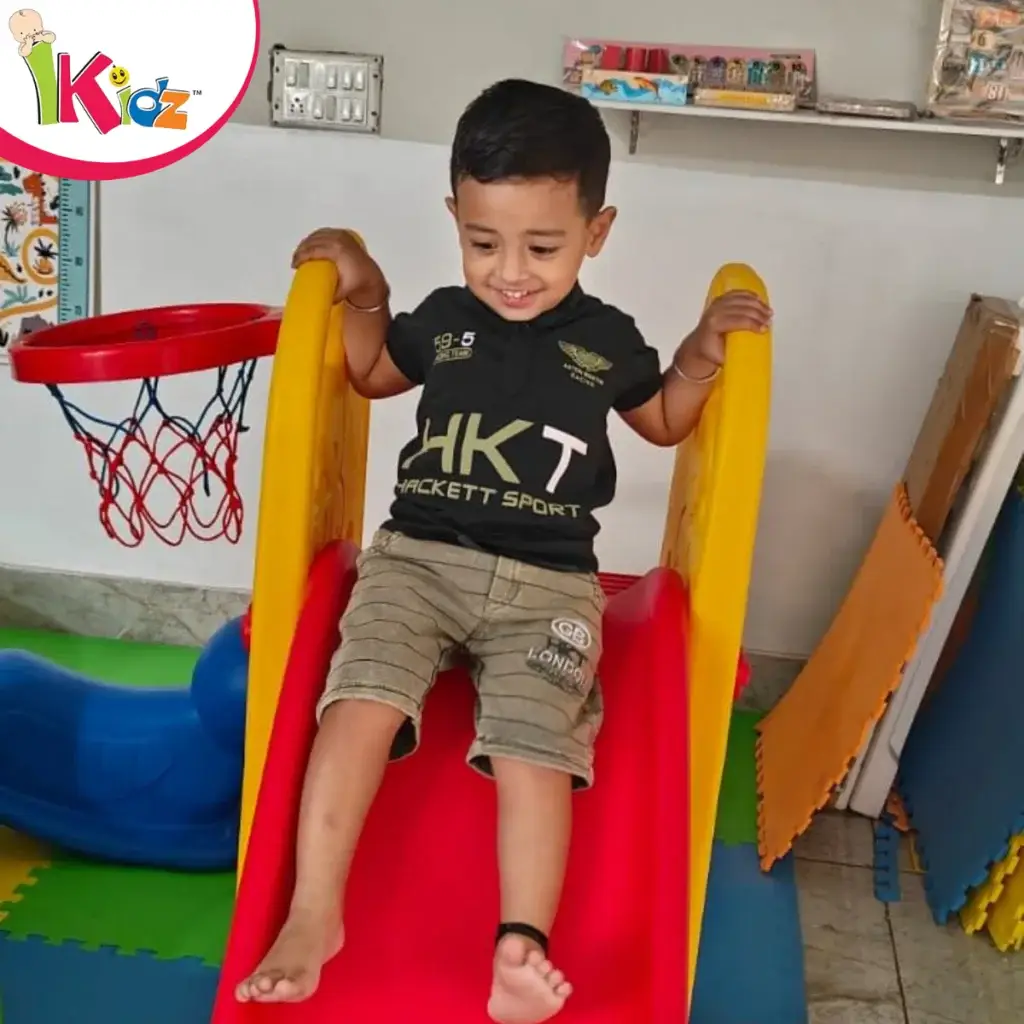Independent thinking in Kids – After becoming parents, parents focus on the child’s development, and this task becomes the priority of every couple. When the child reaches the age of 2, they are in the learning stage and adapting habits. Every parent wants to raise their child to think and do things independently. This blog will provide some activities that you can try with your child to encourage this.
Here are the list of 7 activities for your child’s development –
These activities will help your child grow up to be a confident adult. Let’s move towards the following activities –
- 1. Promotes Critical Problem-solving Skills
When your child is in the phase that now they are going to school. So, on a daily basis young children face quick decisions, as children will learn from sharing and increasing their self-making decisions with whom they want to make friendships or from whom they want to share things.
- 2. Helps with Processing Information
Independent thinkers do not receive information passively. They think about it based on what they know, but they also understand when to ask for directions. With our kids growing up in a digital-first world that is shoving content in their faces on all kinds of platforms and in all forms all the time, we need to equip them with the ability to filter dangerous and misleading information.
As independent thinkers, they will know not to accept everything at face value but examine it based on their experiences and knowledge, as well as analyze its source. Cultivating such a mindset from a young age will serve them richly in their academic and professional lives.
- 3. Fosters self-assurance empowers confidence, and cultivates leadership abilities
By making your child independent, you will have essentially made him or her lead a confident and self-believing life. When faced with unfamiliar challenges, their first instinct would not be to react in fear; instead, they will have confidence in their ability to find solutions on their own. As a parent, helping your child develop these essential life skills, which include social, emotional, and practical skills, will have equipped them with abilities that will, in turn, boost their confidence.
As with confidence, self-belief, and concrete abilities that help one perform, your child would come into maturity as a natural-born leader. They will form part of any team because of this because they will be straightforward in their ideas, although with the self-awareness to know when to stay away or seek guidance.
- 4. Encourages Determination, Motivation, and Persistence
The aim of making the independent thinker strong because independent thinkers are not discouraged by failure. When they have a task to do, they make their mind prepared to do it with dedication and persistence. This focus and determination can be instilled in a child. With such a mindset, your child will single-mindedly persist with projects and activities even when they are challenging.
Parents have to teach their child to accept failure as part of the process. When they hit set backs and are low, tell them what they enjoyed doing that activity and of times that they succeeded after failing. And if their setbacks were from something they did wrong, they should be told that many great lessons can be learned from failures and that is the only way to grow.
Why is independent thinking important to young children?
Independent thinking is important to young children so, your young one can take the decision freely by themselves, and they do not need the help of yours. And your task becomes less when they can do the things perfectly.
Advantages of fostering independent thinking in kids
Independent thinkers can figure out themselves how they want to achieve something. They will be more independent in the sense that, if others tell them how it’s done, they do not require much assistance when solving independent problems. Independent thinkers begin doing something alone and, at times, they will follow the instructions before changing what they’ve learned through what arises during the process.
They may ask for a favor, but independent thinkers will eventually figure out for themselves rather than passing responsibilities off to someone else because they don’t want to do them anymore. People would only be dependent on other people when they needed to and independent thinking is necessary at school and in life, thus the time spent teaching your child to think outside of the box and do things in their own way is well worthwhile.
Conclusion
Developing independent thinking in children will enable them to acquire fundamental life skills such as problem-solving, confidence, and perseverance. Parents can help bring up children who are not easily discouraged by the setbacks and failures of life if they encourage activities that help to develop critical thinking, self-confidence, and decision-making skills.
These skills will enable them to navigate academic and professional life but also empower them to lead with confidence and resilience. Begin early, encourage their growth, and see them become independent thinkers, ready to conquer the world.
FAQs
1. How to teach kids independent thinking?
Encourage kids to ask questions, explore their interests, and express their opinions. Provide opportunities for problem-solving and let them make decisions to build confidence in their abilities.
2. How can I encourage independent play at home?
Set up a safe, engaging environment with age-appropriate toys and materials. Allow uninterrupted playtime, encourage creativity, and avoid stepping in unless necessary to foster self-reliance.
3. How do I encourage my child to make independent choices?
Offer them simple, controlled options like choosing clothes or snacks. Praise their decisions and provide gentle guidance to help them understand the outcomes of their choices.
4. How to teach your child to think for themselves?
Promote critical thinking by asking open-ended questions, discussing real-life scenarios, and encouraging them to analyze situations. Teach them to evaluate information and form opinions independently.


